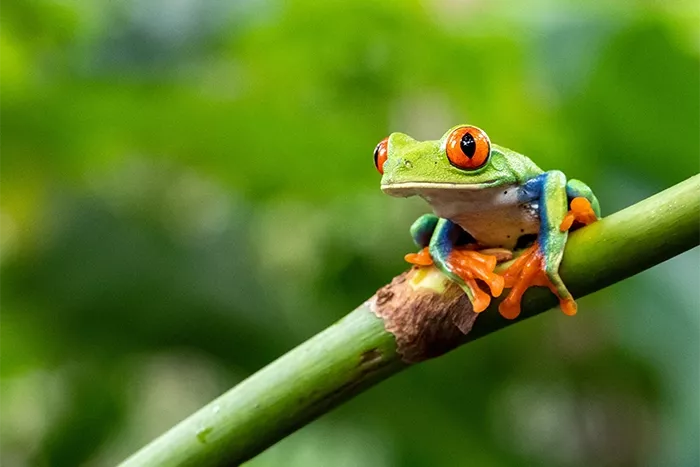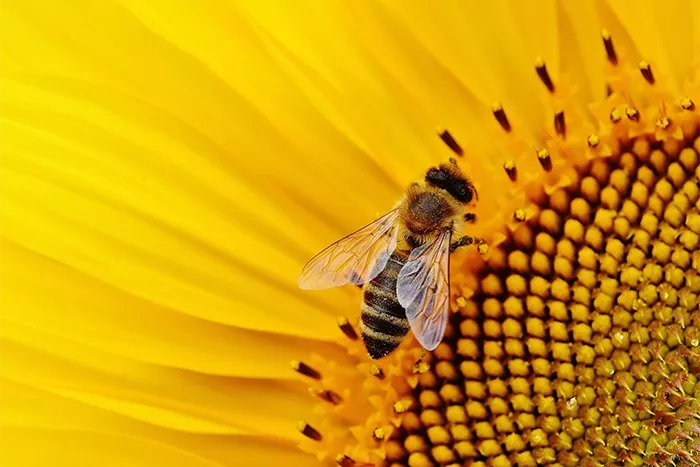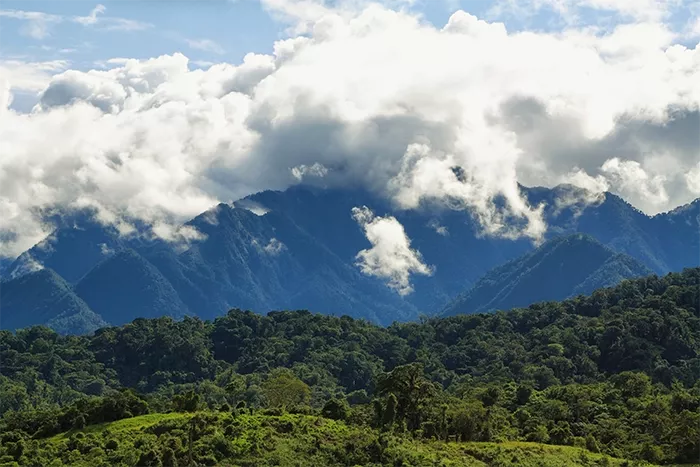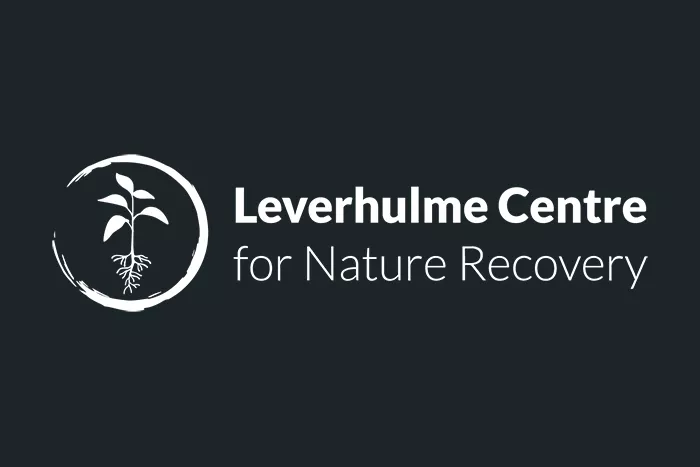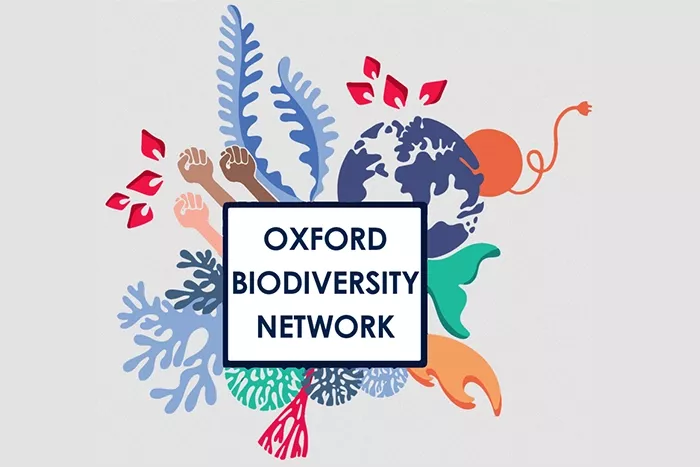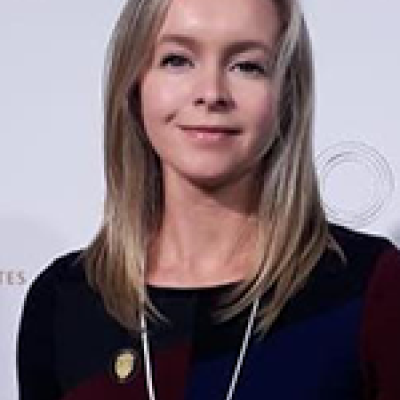Members of this research cluster work on both scientific and social scientific dimensions of the functioning of ecological and biogeographical systems, with principal interests in macroecology, island biogeography, diversity theory, ecosystem dynamics, conservation biogeography, conservation governance, biodiversity and climate adaptation and conservation and traditional ecological knowledge.
Our principal themes of interest are:
| Biodiversity: | macroecology; island biogeography; diversity theory; in which areas our work involves multi-scale ecological and evolutionary approaches to understanding patterns in biodiversity. |
| Ecosystems: | ecosystem dynamics; understanding what makes contemporary ecosystems; and how they may be affected by direct human pressures and global atmospheric change. |
| Conservation: | conservation biogeography; conservation governance; biodiversity and climate adaptation; conservation and traditional ecological knowledge. |
The research cluster's core members are centrally involved in the design and delivery of the MSc/MPhil in Biodiversity, Conservation and Management.
The research cluster has active links with the Oxford Long-Term Ecology Laboratory and Oxford Centre for Tropical Forests.


